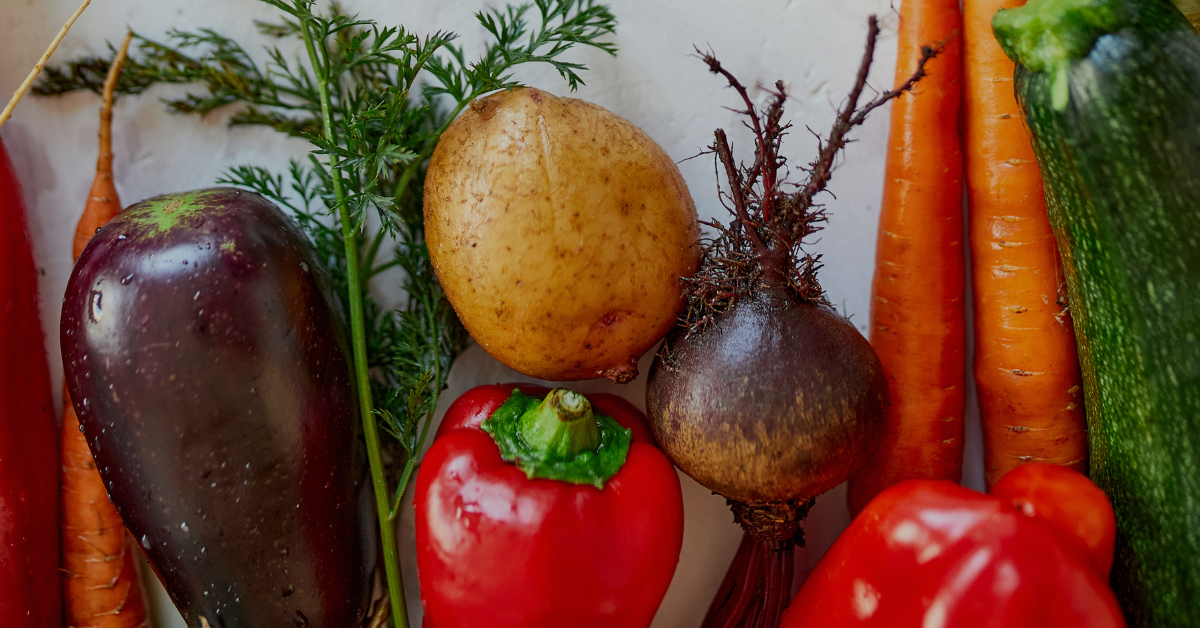Around 1.6 million over-60s in Germany are malnourished
In Germany, 1.6 million of those over 60 are malnourished, according to the Bremen Health Office. Alarming figures, considering that proper nutrition in old age is essential for well-being and quality of life.
Nutrition as a building block of good quality of life
What counts for seniors is to remain healthy and active for a long time, to participate in social life, and to age in a self-determined and dignified way. The basic building block for this is the right diet. This includes not only the quantity, but also the type of food that seniors eat. A distinction is made between quantitative and qualitative malnutrition.
Many are too fat
„Many elderly and very old people suffer from quantitative malnutrition: they no longer supply their bodies with sufficient calories through food, which can lead to an undersupply,“ says Anna Engberg in an online guide. The fact that seniors are quantitatively malnourished is shown physically by weight loss. In contrast, qualitative malnutrition is not necessarily visible. In this case, those affected consume too little protein, vitamins, minerals and trace elements. This includes malnutrition due to increased consumption of fatty and sugary foods. For example, the German Federal Ministry of Food and Agriculture states that „68.2 percent of men over 65 and 56.3 percent of women in this age group are overweight or even suffer from obesity.“ This clearly shows that nutrition in old age needs to be scrutinized more closely. Otherwise, there could be serious consequences for those affected.
Consequences of malnutrition
The formula is simple: if there is a lack of nutrients, the human body cannot function properly. Malnourished seniors are therefore not only weak and susceptible to infections, but also lose weight. The cognitive-mental, mental and motor functions of the body also decline. This ultimately increases the risk of falls and fractures, which heal more slowly. Permanent malnutrition leads to organ dysfunction and increased risk of mortality.
Reasons for poor nutrition
Rarely do seniors deliberately eat poorly or inadequately. The lack of nutrients can have many reasons. In old age, the sense of appetite and thirst decreases, and the sense of chewing and taste change. Personal life circumstances, such as grief, poverty or a lack of infrastructural provision can also be the reason for inadequate nutrition. Lack of education also plays a role. „It is a fact that, contrary to popular belief, energy and nutrient requirements do not decrease in old age, but remain the same,“ Engberg makes clear. For residents living at home, relatives should keep an eye on their loved one’s diet. In nursing homes, this is done by the staff, who should be trained in eating habits in old age.
Nutritional adaptation in the presence of impairments
1. Dementia:
Seniors with physical impairments are more likely to have poor nutrition. Especially with the widespread disease dementia. Meals become a sensory overload or even forgotten. For dementia patients, it is particularly important to receive assistance with meals and to eat lunch or dinner in a quiet environment. „People with dementia sometimes develop extremely specific taste preferences, as taste perception can be completely shifted by the disease,“ Engberg writes. Since hunger and thirst are perceived by those affected as reduced or no well-being is felt at all through eating, food refusal occurs as a consequence. In extreme cases, only enteral nutrition by tube can help.
2. Chewing or swallowing difficulties:
If seniors can no longer chew and swallow food and liquids independently, this leads to malnutrition. „Soft, but not too liquid food is recommended,“ says nursing expert Engberg. Pureed meals or sip feeds are the way to go here. And also a regular check of the dentures.
3. Diabetes:
In Germany, the average age for type 2 diabetes – according to the German Diabetes Aid – is 61. With this impairment, those affected should eat foods with a low glycemic index and avoid fat as much as possible. Rice, pulses, fruit and vegetables – in other words, high-fiber but low-fat products – are essential for diabetes sufferers.
Quality standards in catering for seniors
The German Federal Ministry of Food and Agriculture is working under the action plan „In Form – Germany’s initiative for healthy nutrition and more exercise“ to ensure and improve the quality of catering in senior citizens‘ facilities and meals on wheels throughout Germany. Nutrition in this context includes not only the health factor, but also social participation and enjoyment. „Meals are often highlights in the everyday lives of older people,“ writes the Federal Ministry of Food and Agriculture on its website.
The content of the quality standard includes a health-promoting food selection, information on meal planning and production, and nutrient intake for seniors. Networking centers for senior nutrition, which are available nationwide, help implement the standard. They promote the concept at the local level and train facility managers and employees of senior facilities.
Focus on these nutrients
Whole grain products, legumes and sea fish are rich in iodine, folic acid and vitamin D and strengthen bones. Also found in fish, omega-3 fatty acids actively fight inflammation, such as rheumatism or arthritis, in the body and support the cardiovascular system. „Eat the Rainbow,“ advises Tatjana Brückner, care expert from the Netzwerk Pflege zuhause. The more colorful and varied a meal is with fresh, healthy foods, the better. Seniors should pay particular attention to the protein balance. „Since the body has no protein stores, a lack of protein quickly makes itself felt: There is a reduction in muscle mass and general physical weakness,“ concludes Carla Krellner, a specialist nurse in clinical nutrition.

